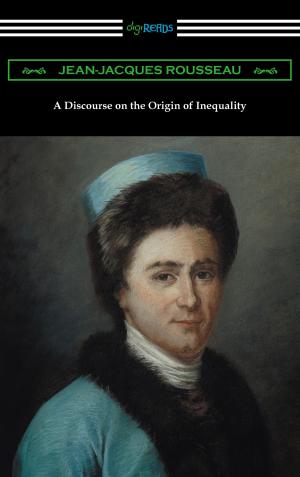| Author: | Ben Jonson | ISBN: | 9781420941913 |
| Publisher: | Neeland Media LLC | Publication: | December 15, 2009 |
| Imprint: | Digireads.com Publishing | Language: | English |
| Author: | Ben Jonson |
| ISBN: | 9781420941913 |
| Publisher: | Neeland Media LLC |
| Publication: | December 15, 2009 |
| Imprint: | Digireads.com Publishing |
| Language: | English |
Benjamin Jonson (1572-1637) was a Renaissance dramatist, poet and actor, known best for his satirical plays and lyric poems. His career began in 1597 when he held a fixed engagement in the "Admiral's Men", and although he was unsuccessful as an actor, his literary talent was apparent and he began writing original plays for the troupe. Jonson's work was primarily in comedies for the public theatres, and although none of his earliest tragedies survived, "Catiline, His Conspiracy" was one of two later tragedies that did. Jonson drew on the works of historians like Plutarch, Dio Cassius and Marcus Tullius Cicero to write the play, which recounts the story of Lucius Sergius Catilina, the Roman politician and conspirator of the 1st century B.C. It was written in the tradition of a Senecan closet drama, relying more on language than on action or violence, which made it less popular than Jonson's satirical and comical works.
Benjamin Jonson (1572-1637) was a Renaissance dramatist, poet and actor, known best for his satirical plays and lyric poems. His career began in 1597 when he held a fixed engagement in the "Admiral's Men", and although he was unsuccessful as an actor, his literary talent was apparent and he began writing original plays for the troupe. Jonson's work was primarily in comedies for the public theatres, and although none of his earliest tragedies survived, "Catiline, His Conspiracy" was one of two later tragedies that did. Jonson drew on the works of historians like Plutarch, Dio Cassius and Marcus Tullius Cicero to write the play, which recounts the story of Lucius Sergius Catilina, the Roman politician and conspirator of the 1st century B.C. It was written in the tradition of a Senecan closet drama, relying more on language than on action or violence, which made it less popular than Jonson's satirical and comical works.















